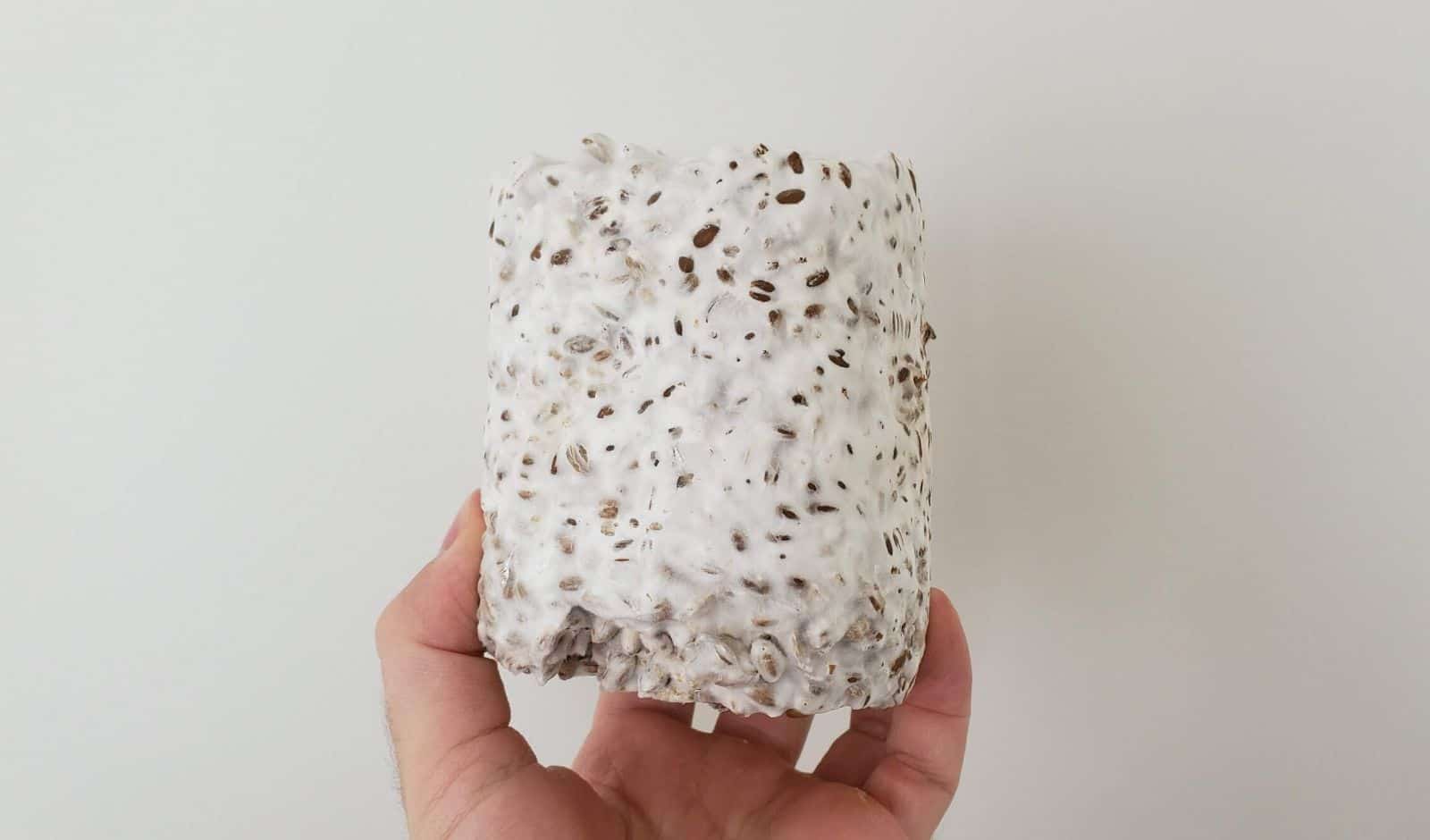The rugged lion’s mane mushroom may look like an unlikely candidate to one day change the face of healthcare, but looks can be deceiving. Also known as the bearded tooth mushroom, or by its Japanese name yamabushitake, lion’s mane is one of the most promising medicinal mushrooms in terms of its potential to improve our cognitive health. It's also one of the most extensively studied medicinal mushrooms around- but there's still a long way to go, and more clinical trials on humans are required before we can be more definitive about its powers. However, the benefits of Lion's Mane discovered so far, both in humans, animals and in vitro, are extremely promising. So, what can this shaggy wonder do for our brains? And where might the future take us?
1. Promoting Nerve Cell Growth
Neuroactive compounds in lion’s mane have been proven in scientific studies to be neurotrophic. That means, they encourage the growth of nerve cells. They accomplish this amazing feat by inducing the production of nerve growth factor (NGF). NGF is naturally produced in the human brain and is vital to the production, protection, and regeneration of neurons (which are essentially the circuits in the computer that is your brain), especially the sensory neurons which are responsible for the perception of heat, touch, pain etc. This has huge potential implications for those dealing with nerve injury due to accidents. Studies on rats with injuries to the peripheral nerves (meaning the nerves beyond the brain and spinal cord) suggest that:“daily oral administration of aqueous extract of H. erinaceus fresh fruiting bodies could promote the regeneration of injured rat peripheral nerve in the early stages of recovery .”
2. Relieving Dementia
According to the World Health Organisation, around 50 million people worldwide have dementia, and there are nearly 10 million new cases every year. Alzheimer's disease is the most common form of dementia and may contribute to 60–70% of cases. A double-blind dementia trial in Japan showed the efficacy of oral administration of lion’s mane in improving cognitive function. Male and female 50 to 80 year olds diagnosed with mild cognitive impairment (measured against an approved scale) were given four 250 mg tablets containing 96% of lion’s mane dry powder, three times a day for 16 weeks. The participants’ cognitive function scale scores increased with the duration of the intake and fell again after the end of the trial. Experts predict that by 2030 there will be 72 million people aged over 65 in the U.S. alone, the so-called “silver tsunami”. Of these people, 80% are expected to have at least one chronic disease. Age-related neurodegenerative diseases such as Alzheimer’s are likely candidates. Any breakthrough in treating these types of diseases could have an exponential effect in the future. Current pharmaceutical dementia treatments can only arrest or delay further deterioration once the patient has been diagnosed (usually after they have become symptomatic). They do not reverse or repair the damage done. While significant further research is needed, the impact of lion’s mane mushroom benefits here could be potentially life-changing for a huge proportion of the population.3. Improving Executive Brain Functions and Performance
Although not exactly a public health crisis, there is increasing demand among working adults for drugs and supplements which will improve their memory, motivation and creativity. So-called smart drugs or nootropics are becoming a huge market – one expected to be valued at over $11 billion by 2024. With its ability to improve reasoning, memory and focus, lion’s mane is increasingly being used by healthy people who simply want an edge. We’ll talk more about this in future posts.4. Alleviating Anxiety and Depression
Studies have shown lion’s mane’s ability to alleviate symptoms of anxiety and depression. In one study, 30 women were given either lion’s mane or a placebo over a 4 week period, at the end of which the researchers noted that the depression scores of the women who had taken the lion’s mane were “significantly lower” than they had been before the trial, as measured on two separate scales. Again, more extensive clinical trials are needed. But at a time when over 300 million people globally are dealing with depression and anxiety, this is potentially a huge breakthrough.


